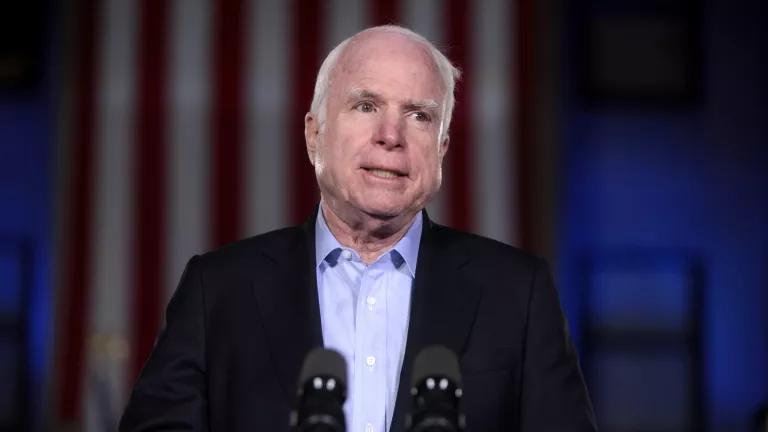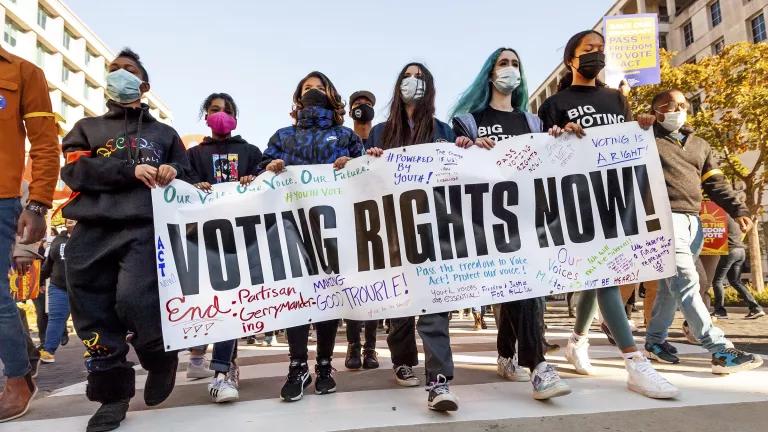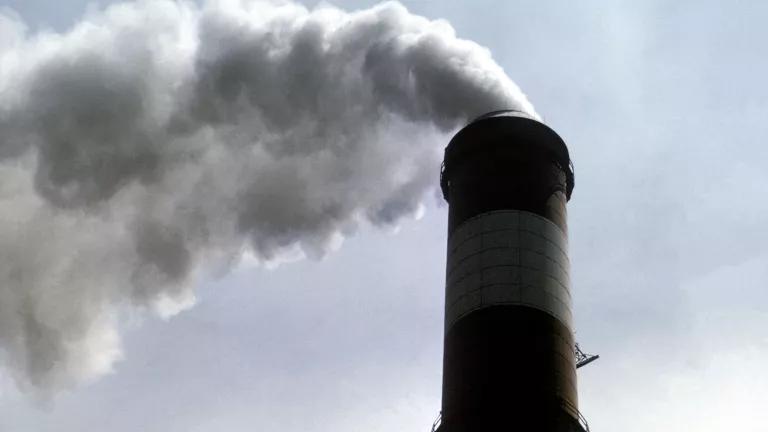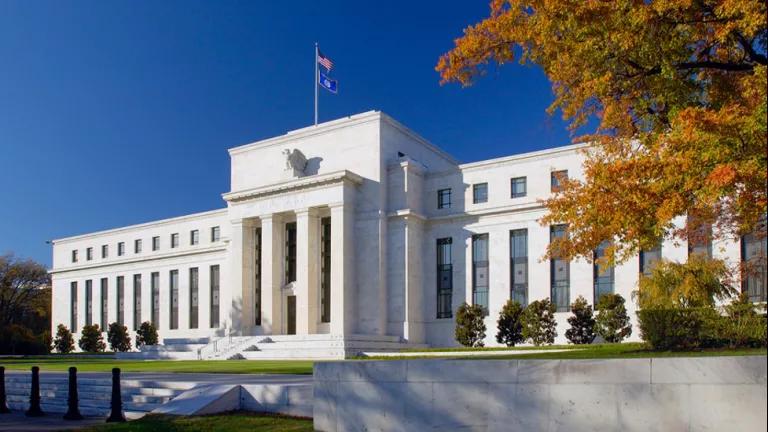John McCain’s Voice of Conscience and Vision for Hope
How an encounter with the Arizona Senator reaffirmed my beliefs in fairness and decency in politics.

How an encounter with the Arizona senator reaffirmed my beliefs in fairness and decency in politics.
In the months we’ve spent as a nation struggling to come to terms with the declining health of John McCain, I’ve keenly felt his absence from the U.S. Senate. When he’s spoken out against one shocking White House blunder or the next, it’s been a welcome reminder of the voice of clarity we’ve come to expect from the Arizona Republican, the voice of conscience so needed in the national conversation.
For me, that voice is personal. At a pivotal moment in my career, John McCain reaffirmed my deepest beliefs about fairness and decency in politics. He showed what it means to put country before party. And he raised the bar on what it means to lead, all through a simple yet profoundly powerful gesture I’ll carry with me always.
After more than four years as assistant secretary of the Department of Interior, where I oversaw budget, policy, and management, I was nominated by President Obama in 2013 to lead two of the department’s most storied agencies: the National Park Service and the Fish and Wildlife Service.
I didn’t expect a confirmation cakewalk, but I was excited to talk about responsible stewardship of our public lands and national parks, to answer questions about scientific integrity and balance, and to share my views about good governance in service of the American people. When some senators used the confirmation hearings to blast me, miscast past statements, and even attack my values, I felt blindsided, even a bit betrayed.
As part of the process, I reached out across party lines, offering to meet with any senator, Republican or Democrat, to discuss their concerns and answer their questions face-to-face. Senator McCain was one of the few to take me up on it.
As I sat in the waiting room of his Senate office, I was plenty nervous. It wasn’t only politics, or even mostly that. I was nervous about meeting a legend, a genuine American hero.
Growing up as a child of the American West, I knew of McCain’s contributions to the region and to our country as a senator and presidential candidate. I knew of his military service and the atrocities he endured in five years as a prisoner of war after being shot down over North Vietnam.
I’m not embarrassed to say I was intimidated when I walked into his office and sat down to meet with him one-on-one. The way he responded, though, forever changed my ideas about what it means to be a leader.
He looked me in the eye. He asked me questions about who I was, where I came from, and what I believed in. That was what mattered to John McCain.
Then he told me the same about himself. He talked first about his family, his devotion to his children, grandchildren, and beloved wife, Cindy. He talked about his ranch in Arizona, describing in vivid detail the pleasure he took from watching birds and other wildlife, the passing of the seasons, and the natural wonder and splendor he relished in his own backyard.
We fell into an easy conversation that led to a surprising and deeply personal subject. He told me he’d recently received a photo from the Vietnamese government. He got up, found it on his desk, and showed it to me.
It was a picture of a crowd of people pulling a young American pilot, injured and dismayed, out of the waters of Truc Bach Lake in central Hanoi.
The pilot was John McCain. The year was 1967.
I was speechless, and not only because he shared that photo with me. I was moved by the quiet and almost transcendent grace in the way he described what must have been terrifying: the opening moments of his long captivity.
Was it forgiveness? Inner peace? A kind of distance that came with the passage of time? Or was this a rare glimpse of the true character of the man?
I suppose I’ll never know for sure. I walked away from that meeting, though, with more than the blush of an encounter with fame. I left stirred by a deep sense of respect and awe.
The Senate never gave me an up or down vote. My nomination, eventually, was withdrawn. John McCain, though, gave me something else. He showed me kindness and respect, undiminished by whatever political differences may have stood between us. He modeled a sage and reasoned perspective on the future as well as the past. And above all else, he embodied the quality of leadership that has always made this country great—the ability to look beyond divisions of race, history, and politics and to see instead the promise, possibility, and hope of what we can achieve by working together.
It’s somehow both poignant and fitting to hear John McCain speak out, even now, on the values that gather us and, in his words, help to make us “who we are—a republic of free people dedicated to the cause of liberty at home and abroad.”
That’s not just rhetoric for Senator McCain. It’s been a charge worth fighting for, worth the struggle, worth the sacrifice, worth a lifetime devoted to serving this country in the pursuit of our founding ideals.



